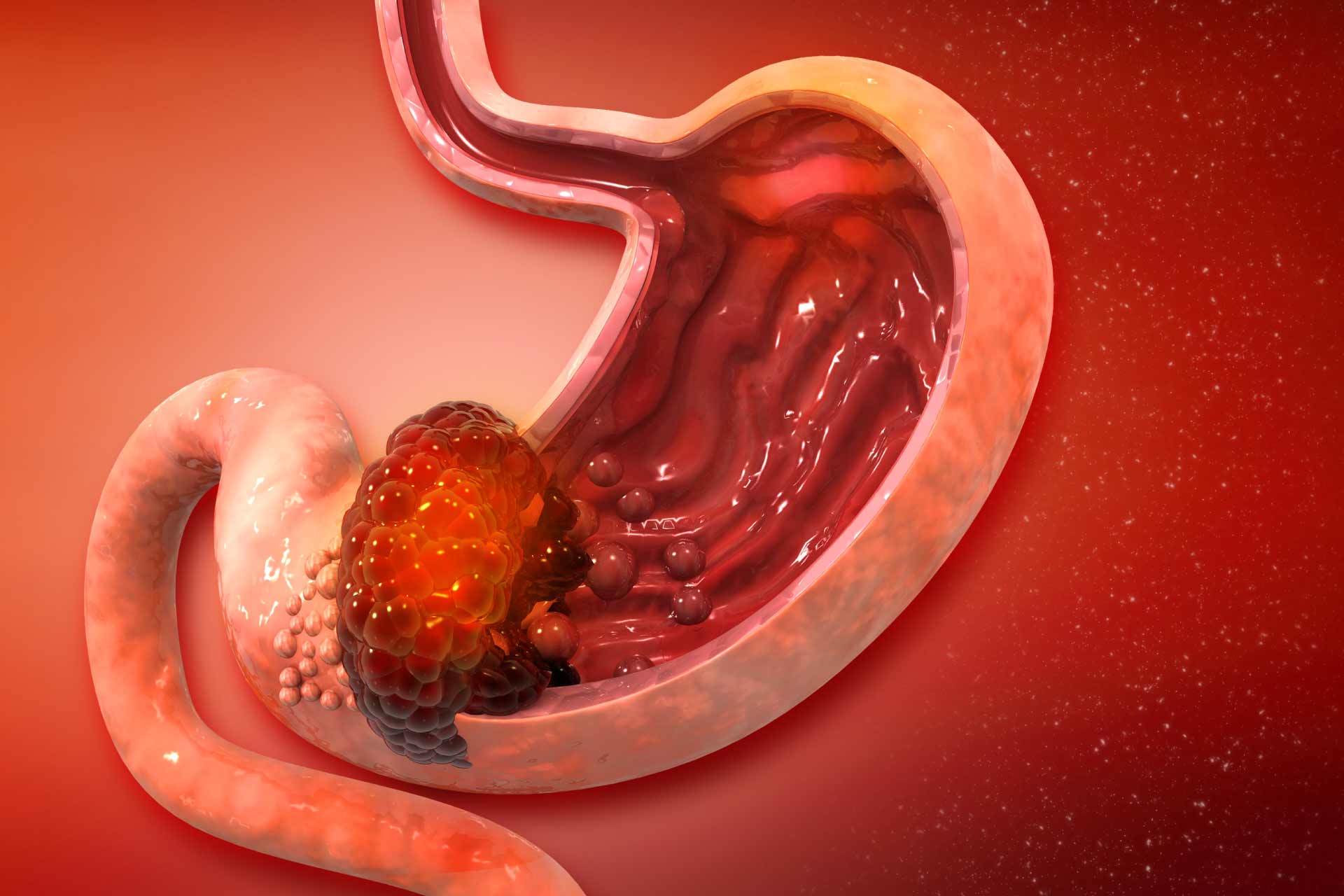What is already known on this topic
Intestinal microbes have been implicated in a series of diseases, but it’s unclear whether the composition of the gut microbiota could help to predict gastric cancer and liver metastasis.
What this research adds
Researchers analyzed stool samples from 49 healthy people and 49 people with gastric cancer, including 26 who had metastases. Compared with controls, people with cancer had more Streptococcus bacteria in their guts as well as more bacterial genes involved in the breakdown of D-galacturonate, which appears to play a key role in the development of gastric cancer.
Conclusions
The findings suggest that Streptococcus bacteria can predict gastric cancer and liver metastasis, thus helping to diagnose these conditions early.
Gastric cancer is one of the leading causes of cancer-related deaths worldwide. A new study suggests that alterations in the levels of gut-dwelling Streptococcus microbes are associated with the development of this cancer and the associated liver metastases.
The findings, published in mBio, suggest that Streptococcus bacteria can predict gastric cancer and liver metastasis, thus helping to diagnose these conditions early.
Although intestinal microbes have been implicated in a series of cancers, it’s unclear whether they could help to predict cancers of the stomach. What’s more, infection with Helicobacter pylori is considered the strongest risk factor for cancer of the stomach, but only about 3% of such infections will eventually develop into cancer.
“Therefore, it is vital to find an intestinal microorganism that can more accurately predict the occurrence of [gastric cancer],” write study co-senior author Tao Zhang at the Huazhong University of Science and Technology and his colleagues.
To find a microbial marker for gastric cancer, the team analyzed stool samples from 49 healthy people and 49 people with gastric cancer, including 26 who had metastases.
Bacterial alterations
As expected, the 10 most abundant bacteria across all samples included Firmicutes, Bacteroidetes, and Proteobacteria. The bacterial richness of people with cancer was higher than that of controls, but there were no differences in species diversity between the two groups.
The top five intestinal microorganisms that could predict gastric cancer included Aquabacterium, Streptococcus and Lachnospiraceae, the researchers found. In particular, patients with low levels of Streptococcus and Lachnospiraceae were more likely to live with gastric cancer without it getting worse.
These people also had more bacterial genes involved in the breakdown of D-galacturonate, which appears to play a key role in the development of gastric cancer, the researchers say.
Cancer biomarker
To further investigate the effects of gut microbes on people with gastric cancer and liver metastasis, the researchers divided them into a liver metastatic group and a non-liver-metastatic group.
Microbial diversity, species richness, and diversity were higher in the liver metastatic group. Bacterial species such as Streptococcaceae were abundant in this group, whereas microbes such as Betaproteobacteria and Burkholderiales were common in the non-liver-metastatic group. The top five bacteria that could predict gastric cancer and liver metastasis were Stenotrophomonas, Gemmiger, Streptococcus, Bacteroides and Lachnospiraceae, the researchers found.
The findings indicate that the microbiota of people with gastric cancer differs from that of healthy people, the researchers say. The study also suggests that Streptococcus — a common microbe that lives in the human gastrointestinal tract and nasopharynx — could be used as a biomarker for the early diagnosis of gastric cancer and the associated liver metastasis. “We believe that direct smear microscopy of fecal/pharyngeal swabs is a simple and economical method to determine the possibility of [gastric cancer],” the authors say.









